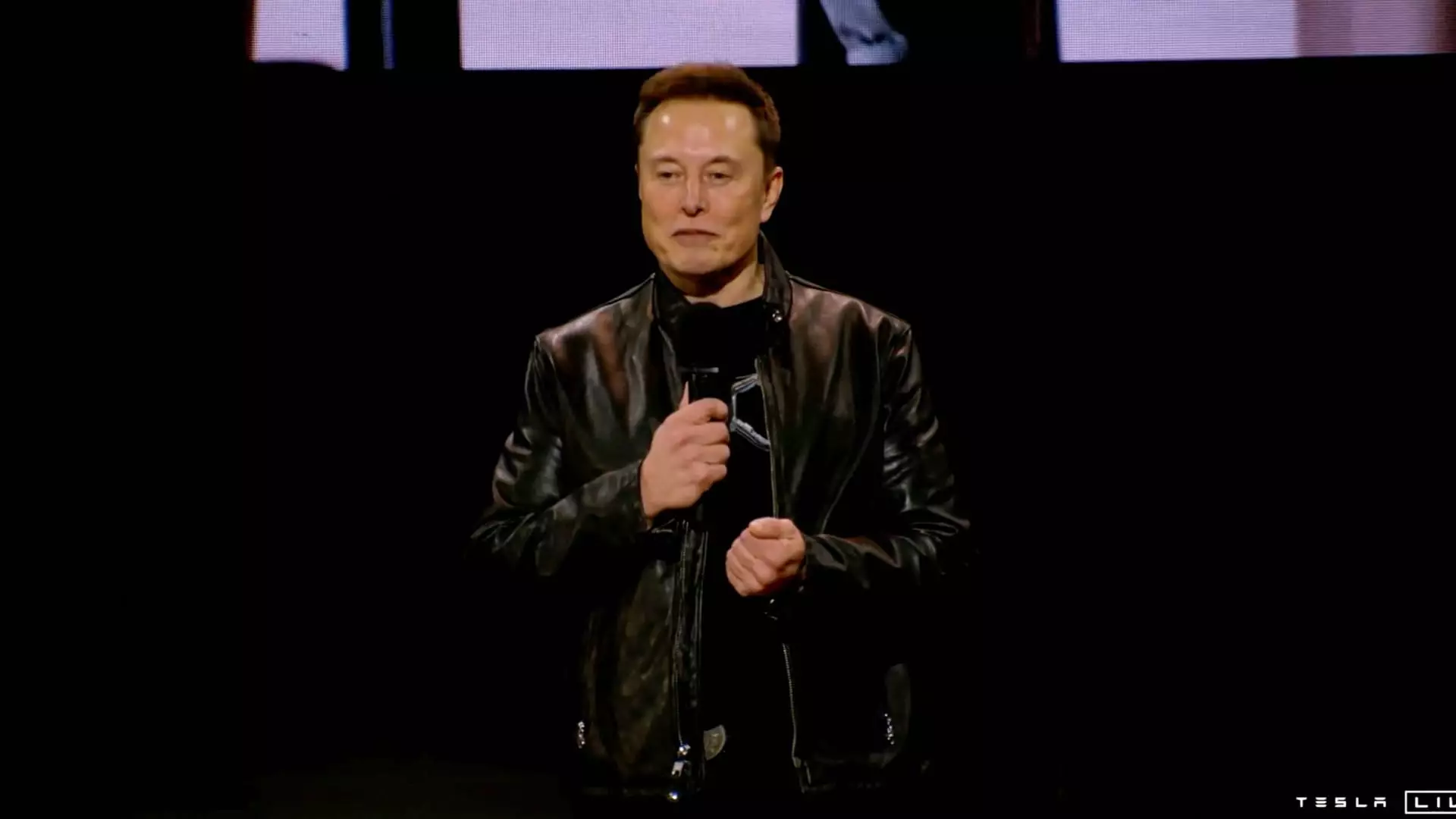Recent concerns raised by the National Highway Traffic Safety Administration (NHTSA) have thrown Tesla into the spotlight, highlighting serious issues surrounding the promotion of its Full Self-Driving (FSD) technology. The NHTSA’s warnings suggest that Tesla may be misleading the public about the true capabilities of its vehicles, creating not only a potential safety hazard but also a profound ethical dilemma regarding corporate responsibility in marketing.
In an email to Tesla’s board, NHTSA’s head, Gregory Magno, pointed out that the company’s social media posts, particularly on platforms like X (formerly Twitter), could confuse and mislead drivers about the FSD’s functionality. It appears that Tesla’s marketing strategy has included sharing videos that display disengaged driver behavior, potentially encouraging reckless practices among users. This contradicts Tesla’s own assertions that drivers must maintain full control, implying a significant dissonance between reality and presentation.
One striking example cited was a post featuring a driver utilizing FSD while in a medical emergency, which not only trivializes the gravity of the situation but also could persuade viewers to adopt risky driving habits under the misperception that FSD is fully automated. The intent behind promoting FSD as akin to a robotaxi could set a dangerous precedent for both user behavior and regulatory scrutiny.
The NHTSA has mandated that Tesla respond by December 18, outlining how the company intends to align its communications with its technological capabilities. Failure to comply could lead to significant financial penalties, potentially amounting to $135.8 million. This directs attention to the broader issue of corporate accountability in the automotive industry, particularly as technological advancements outpace regulatory frameworks.
Tesla’s ongoing regulatory scrutiny further escalates the conversation around the safety of autonomous vehicles. Investigations into numerous collisions involving the FSD system indicate a serious need for thorough examination and oversight. Given the history of incidents where FSD was engaged, including a tragic case of a pedestrian fatality, the urgency for comprehensive safety measures is clear.
The ethical implications of Tesla’s marketing tactics are profound. Corporations in the tech-heavy automotive space have a duty to ensure that their advancements do not come at the expense of public safety. The promotion of a driving system that requires constant human oversight—as implied by the recent NHTSA communications—merely to inflate consumer interest risks trivializing the consequences of impaired or distracted driving.
Moreover, with the backdrop of political maneuvers, such as Elon Musk’s influence in various political spheres, the conversation surrounding the regulations of autonomous vehicle technology becomes even more complex. Calls for reduced federal oversight in favor of innovation must be balanced against the fundamental need for safety standards that protect consumers.
Tesla’s situation serves as a critical reminder of the potential fallout that can arise from misleading advertising and a lack of clarity in product capabilities. As technology evolves, manufacturers must ensure that their marketing practices remain transparent and responsible. The NHTSA’s ongoing investigation will likely play a pivotal role in shaping the future of autonomous vehicle regulation, emphasizing the need for safety over sensationalism in a rapidly advancing automotive landscape.


Leave a Reply